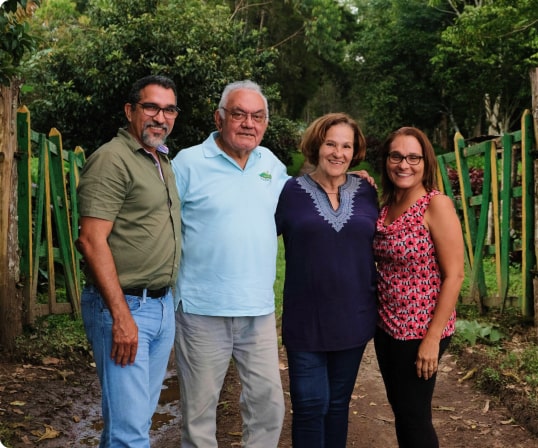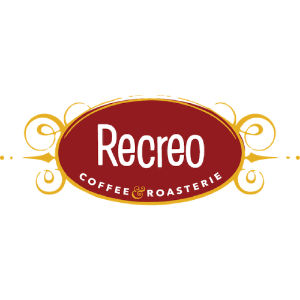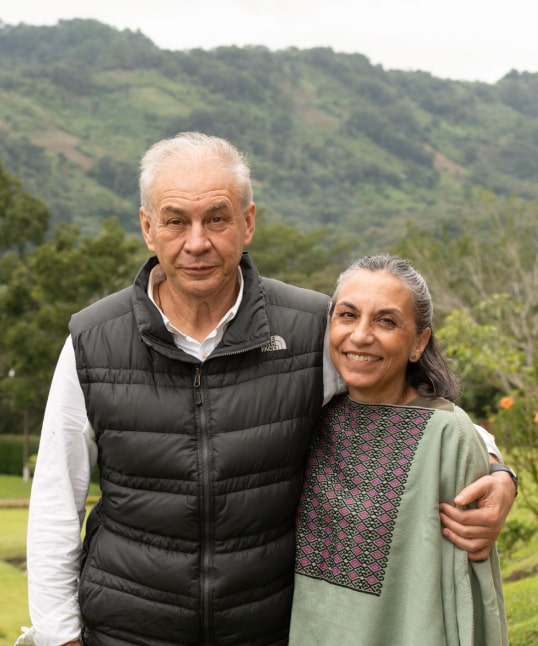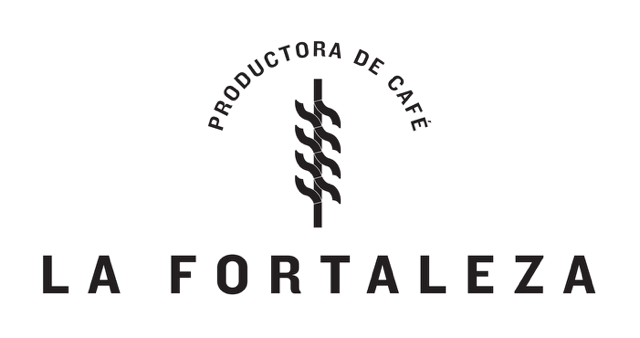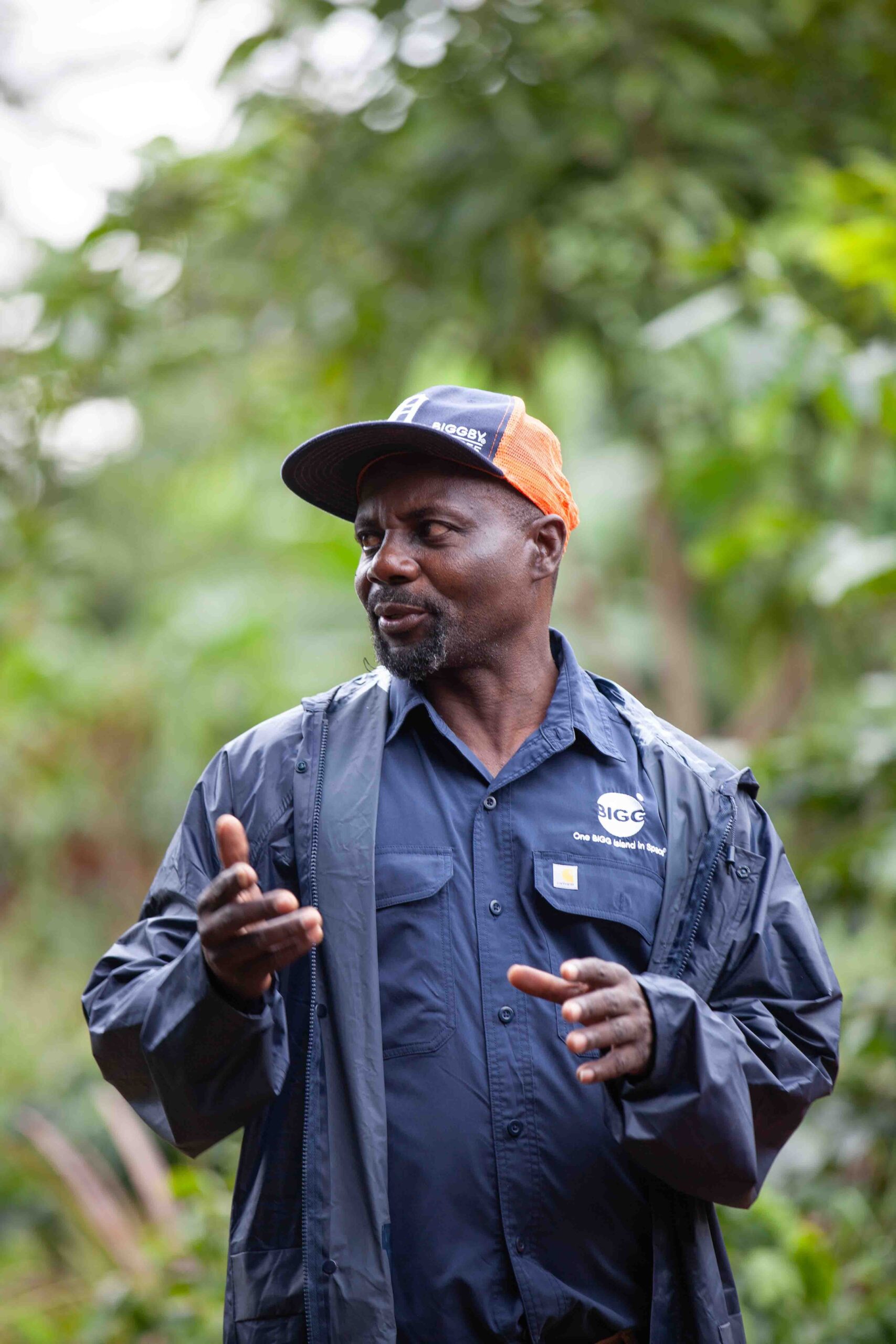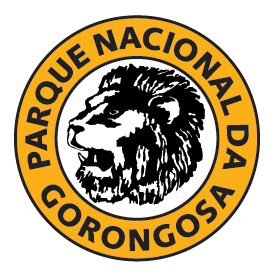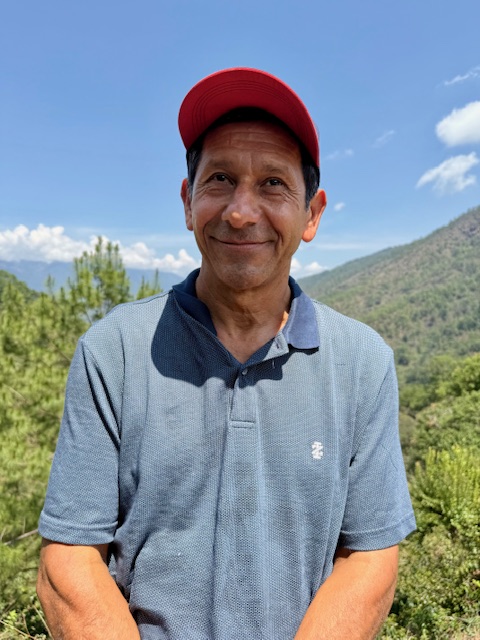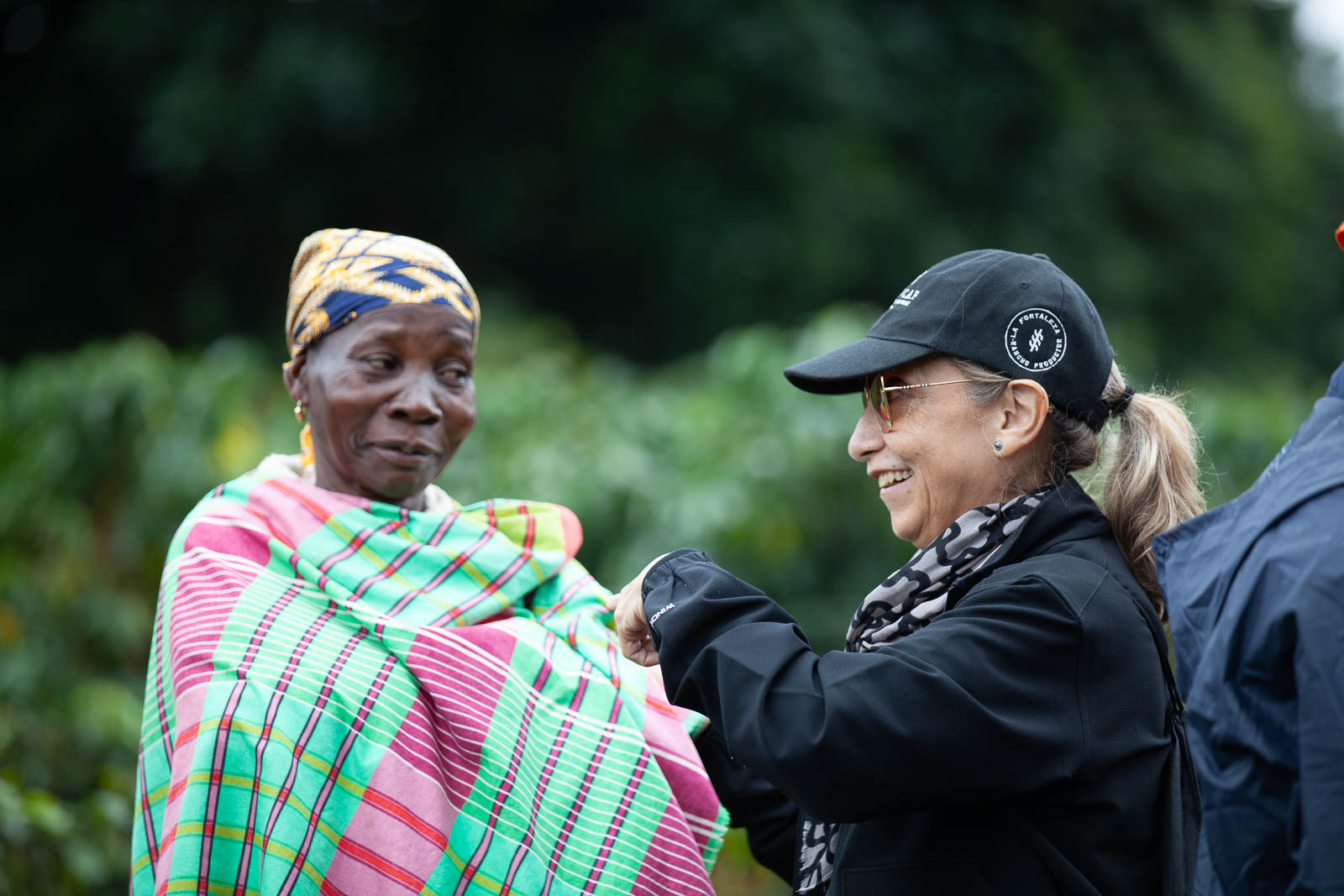Mozambique is a perfect place to grow coffee. It is near the equator, between the tropics of Capricorn and Cancer. Parts of it are at an elevation of more than 2,000 feet. And those parts have the ideal temperature range of between 60 and 80 degrees Fahrenheit. It gets, on average, 70 to 80 inches of rainfall a year. And all its neighbors (Zambia, Zimbabwe, Malawi, and Tanzania) have long histories of being successful coffee-producing countries.
But there was no coffee production in Mozambique. Why? Because it is a former colony of Portugal. And Portugal already had a colony that produced coffee: Brazil, which grows about 40% of the world’s crop. They didn’t need to do it in Mozambique.
And because there was no history of coffee production, there was literally no awareness of coffee either. There’s no coffee culture in the country. Few people drink it. And certainly, the people who lived in the buffer zones around Gorongosa Park had never heard of it.


